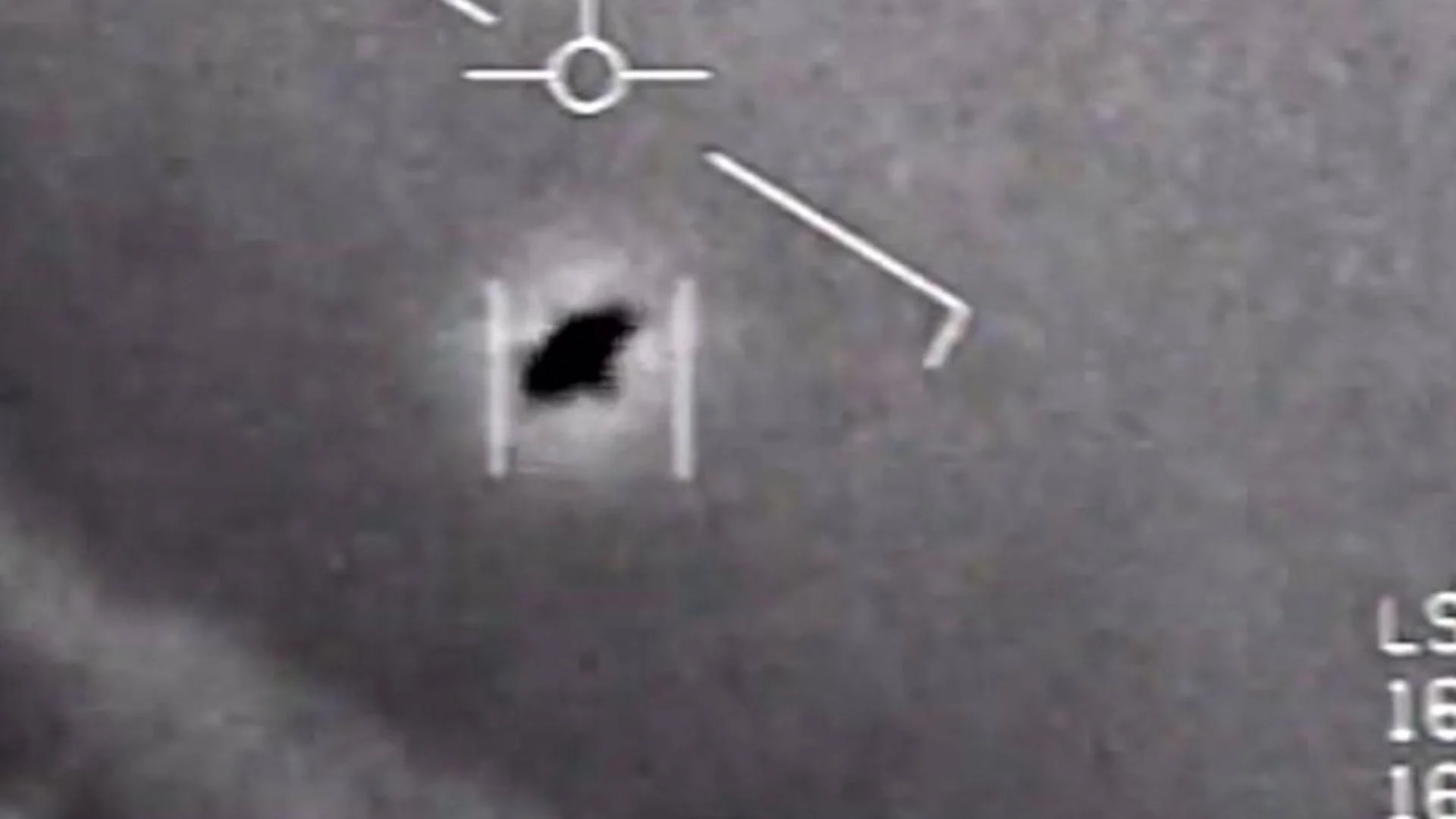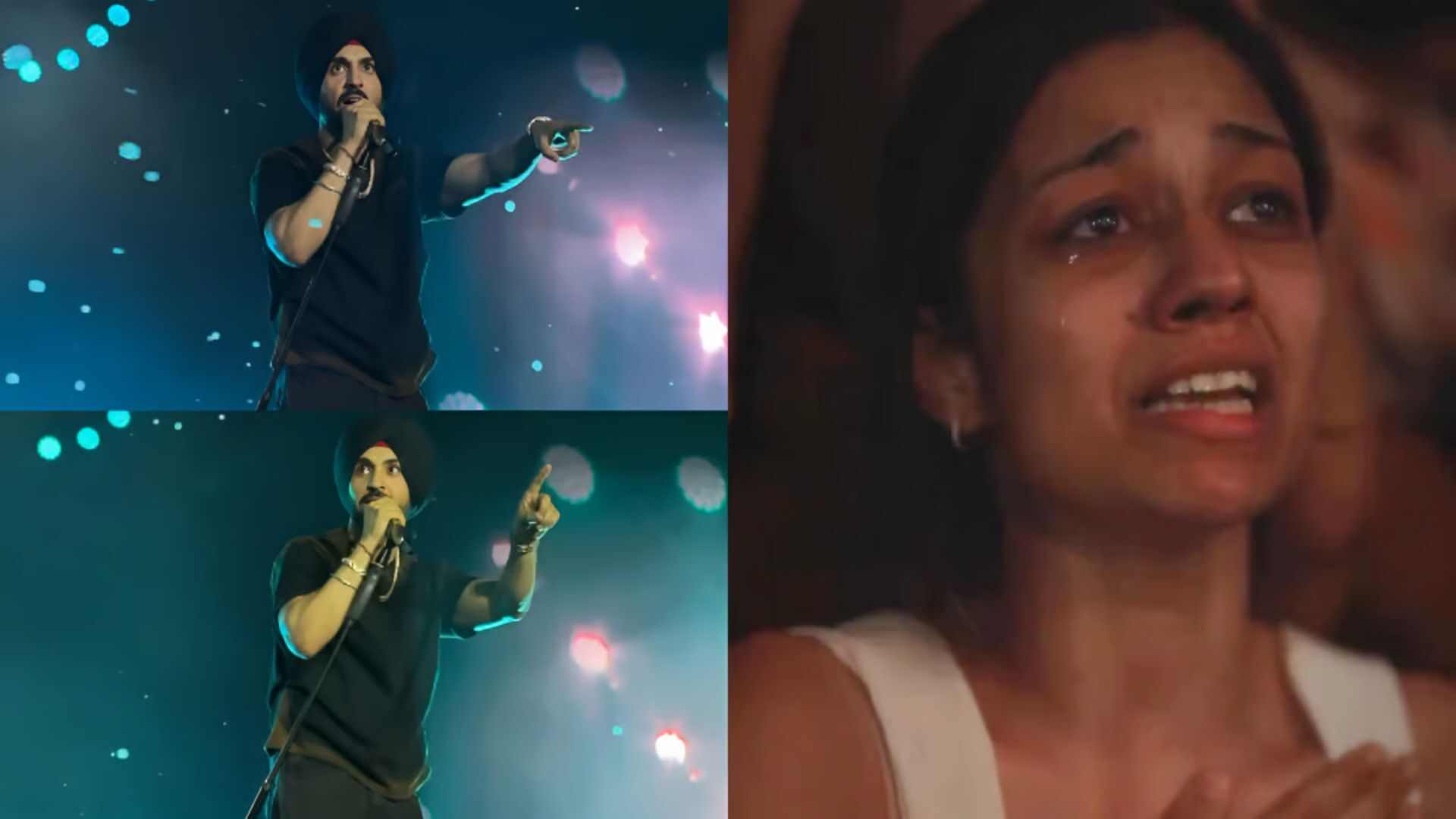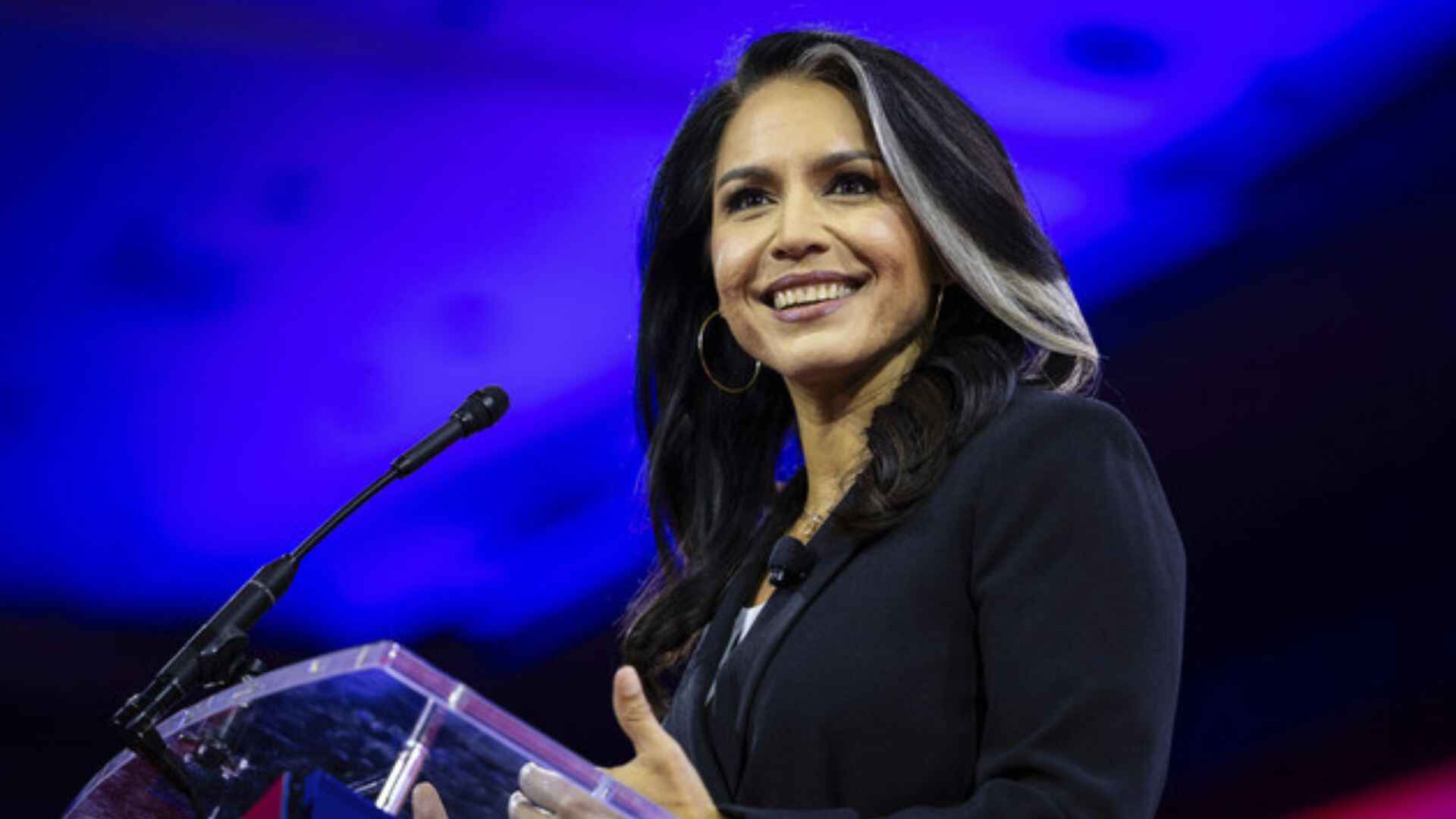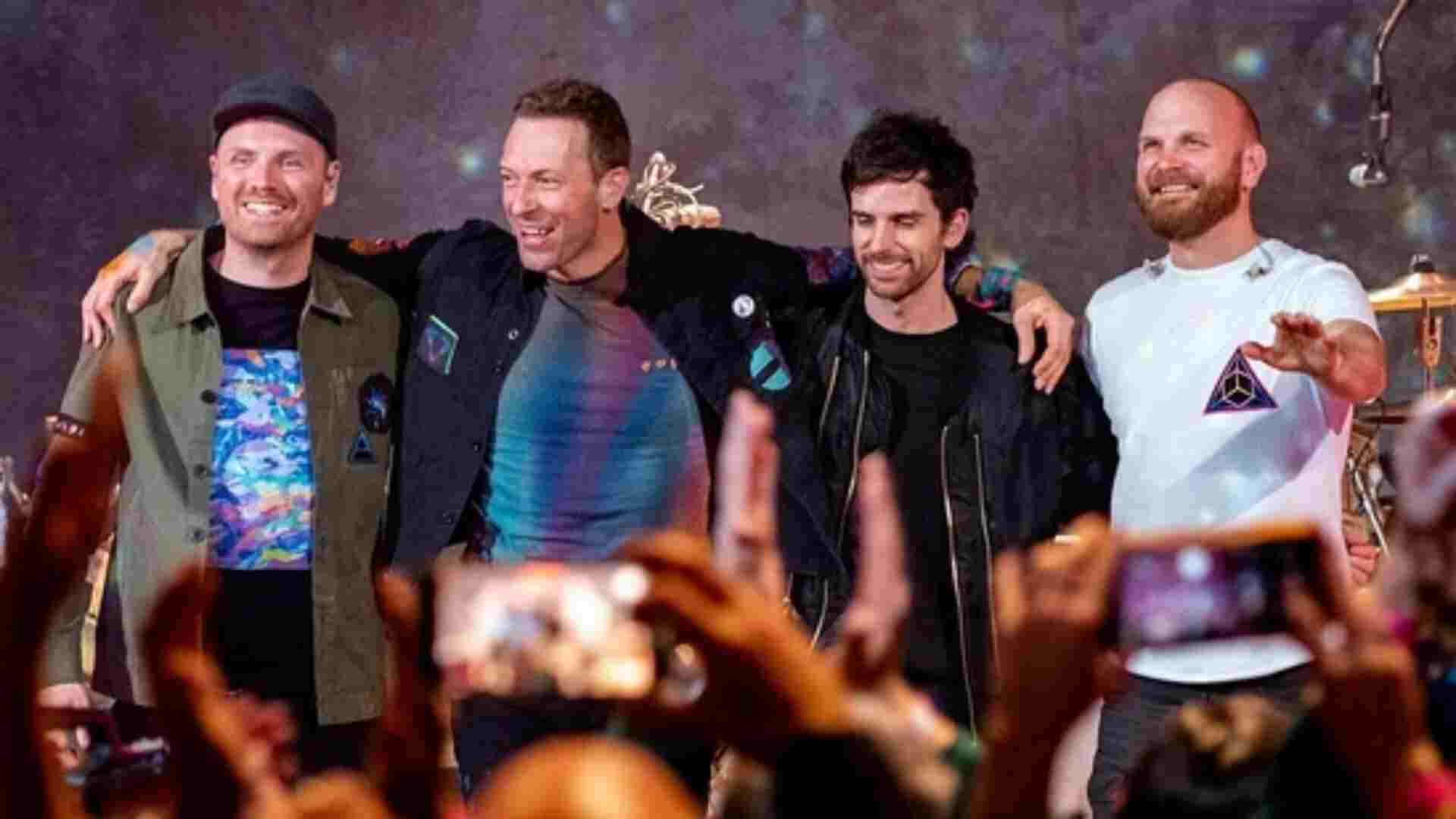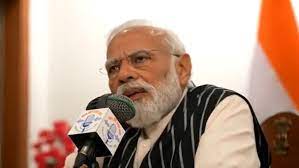
Broadcast media is a very strong medium of communication. It is a two-way interaction platform to connect people at the grassroots level. The programs telecast over it carry the ability to create awareness, understand the perspectives of a common citizen, a leader, or an institution as a whole as well as share their experiences. One such program that has recently tied the entire nation in a single thread is the Mann ki Baat @100. The 100th episode of “Mann ki Baat” addressed by Prime Minister Narendra Modi celebrated the development of the nation, the emerging youths of the country, and the inspiring icons of the society. It also in a real sense turned the unknown heroes of society into celebrities and narrated their inspiring stories on a wider horizon to showcase the soft power of the country to the global village.
One of the important issues raised by the PM during the entire telecast is tribal development, the indigenous knowledge systems, and the tribal heroes. From celebrating Janjatiya Gaurav Divas commemorating Dharti Aba Bhagwan Birsa Munda to recalling the recent Padma awardees like Dhani Ram Toto, Janum Singh Soy and B. Ramakrishna Reddy who have contributed a lot in preserving tribal languages, tribal musician Moa Su-Bong who invented Bamhum, a wind bamboo musical instrument, Ri-Singhbor Kurka-Long, and Muni-Venkatappa who is teaching Tamate (a hand drum), the environmentalists like Jadav Payeng, Tulsi Gowda, Social reformers like Ajay Kumar Mandavi who is associated with teaching wood carving to jail inmates in Kanker (Chhatisgarh), Parshuram Komaji Khune, famous for Jharipatti Rangbhoomi of Gadchiroli, Ramkuiwangbe Niume, Bikram Bahadur Jamatia and Karma Wangchu, working rigorously for preserving the cultural diversity of North-East, Lahari Bai (a millet seed preserver), etc. are a step towards PM’s concern about the tribes and their welfare.
“Mann ki Baat” as a conveyor of the dreams of the nation has dived into several contemporary tribal issues from time to time. From raising the issue of Sickle Cell Anaemia which is mainly prevalent among tribal women and children due to the lack of proper nutritional aspects to informing the common citizen about Pradhan Mantri PVTG mission that has allocated approximately Rs 15,000 crore for the particularly vulnerable tribal groups, the program has undoubtedly kept its vision clear to create a bridge between the mainstreams and the marginals. The publicization of important governmental schemes with the help of a radio show is indeed a blend of creating awareness with entertainment.
The time constraints that “Mann ki Baat” faces as a radio broadcast might be seen as one of its limitations. But even with its short telecasting span, the program has also highlighted different socio-cultural celebrations of the tribal communities that can introduce the Gen Z youths to the magnificent cultural identities of their previous generations. The Prime Minister mentioned the four-day Sammakka-Saralamma Jatara (Fair) of the Koya tribe in the Medaram village of Telangana, popularly referred to as the “Mahakumbh of Telangana,” in one of his programmes. During the fair, Sammakka and Saralamma, two indigenous tribal women heroines, are venerated and the sacred cultural fair is visited by people from nearby states like Chhattisgarh, Maharashtra, Odisha and Andhra Pradesh also. This festival is referred to as the Intangible Fest of the Tribes of India. The Telangana government is working to have this included to the UNESCO list of intangible cultural treasures. Similar fairs include Tarnetar and Madhopur in Gujarat, “Siyawa ka Mela” or “Mankhan Ro” in Gujarat, the “Mawli Mela” in Narayanpur of Bastar in Chhattisgarh, and the Maridamma fair in Andhra Pradesh, which is centered on the Maridamma temple at Peddhapuram in East Godavari, etc. which is being addressed by the honorable PM in Mann ki Baat.
Not many people across the nation are aware of the tribal cultures and beliefs that are at the core of all these fairs. By introducing people to one another’s cultures, particularly the cultures of the marginalized and tribes, “Mann ki Baat” as a national endeavour greatly aids in the unity of the entire country. Further, the young generation could be inspired by this historical knowledge to learn about their illustrious pasts, which will ultimately lead to the process of society building and community confidence. Sharing of knowledge is not restricted to the historical portion of “Mann ki Baat”. It also forces us to go to other regions of the nation and introduces us to numerous tribal cultures, festivals, fairs, and many other things like indigenous knowledge systems.
Tribal Knowledge System refers to the process of making choices on essential elements of daily life. The system of tribal knowledge is not particularly precise. This knowledge system is ingrained in modest, routine daily activities and is an integral aspect of tribal culture. For instance, don’t lie, don’t hurt others, protect the environment, etc. This knowledge complex, which includes this knowledge system, is fundamental to culture. It is accessible to tribes in their languages and as practice materials. They will only use the resources when it is essential.
“Mann ki Baat” has given a special focus on the tribal knowledge systems and their preservers. The icons who are continuously putting their effort to safeguard the knowledge system varies from experts in medicinal herbs, food preservers, skilled tribal artists, preservers of language etc. Lakshmikutti, a tribal woman hero from Kerala, is one such example. Lakshmikutti, an herbal medicine specialist who works as a teacher in Kallar, poses knowledge of about 500 tribal medicinal herbs. She has saved a great number of lives because of her unmatched expertise in snake bite remedy herbs. This tribal woman hero has also received the Padma Shri award for her accomplishments in the field of indigenous knowledge systems and for her contributions to society.
Simultaneously, PM Modi has time and again mentioned about tribal women Self-Help Groups and their community service to preserve and popularize the local indigenous goods. For example, a group of tribal women in Anaikatti, Coimbatore, produced 10,000 eco-friendly clay teacups for export. To improve their home-based business, they now assume responsibility for all elements, from clay mixing to production, for which they obtained training in the cup-making procedures. These ladies truly embody Atma Nirbhar Bharat. In a similar vein, there is a Self-Help group run under the Odisha Millets Mission in Sundergarh that consists of around 1500 indigenous women. These women are making everything here, from millet biscuits to rasgulla, gulab jamun, and even cakes. The instances showcase that Mann ki Baat in its mission to encourage the consumption of millet as well as other indigenous food has succeeded a lot.
Mann ki Baat is not just a vision, it is the voice of thousands of people of the country that is being addressed by their leader i.e., PM Narendra Modi. This is the reason why tribal heroes, knowledge systems, and histories have such a significant role in the episodes of the program. Through requests, counsel, stories, and bits of information, the PM tries to instil confidence among the populace in a program that transcends political disputes and is only intended for social development. It is indeed a stage to lead the country towards the PM’s vision of “Sabka Saath, Sabka Vikas, Sabka Vishwas, Sabka Prayaas”.
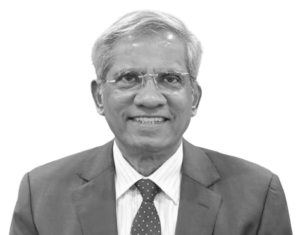
Prof T.V. Kattimani is Vice – Chancellor, Central Tribal University of Andhra Pradesh.

